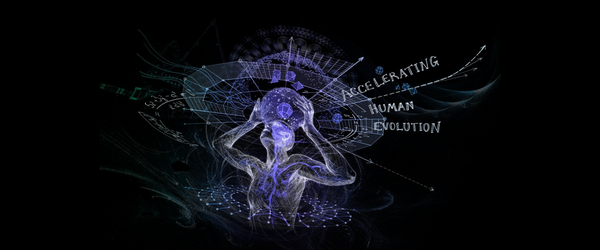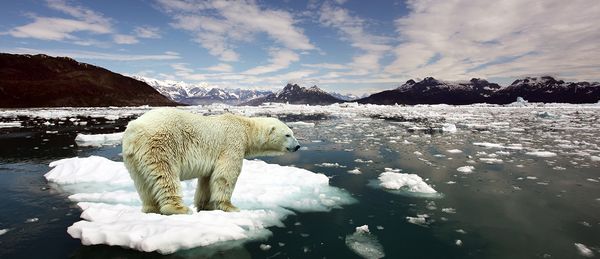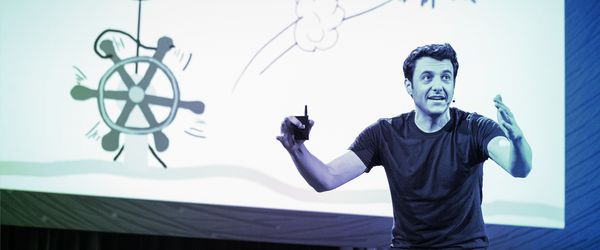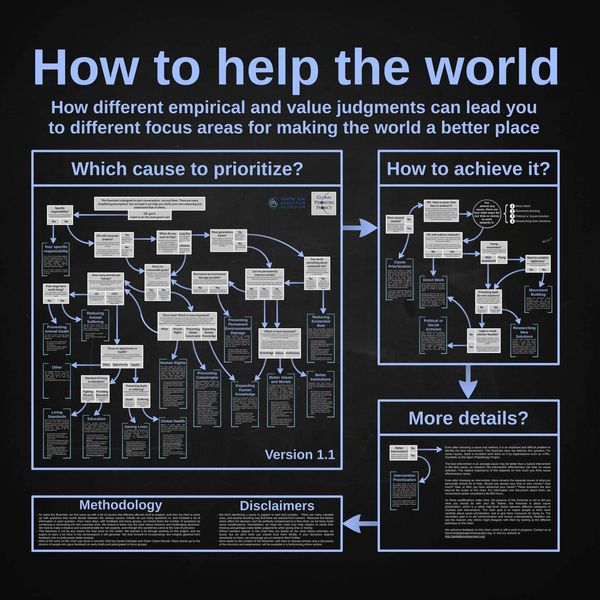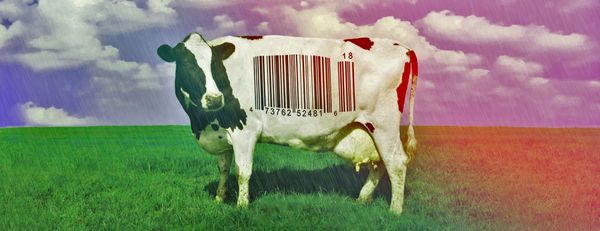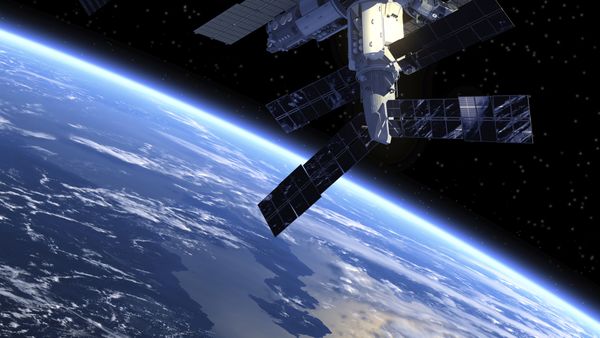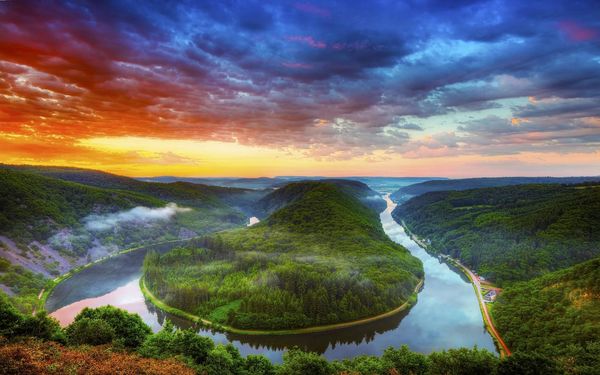Steve Taylor • • 4 min read
Why Denial and Self-Delusion Are Humanity’s Greatest Threat

A report published this week by the UK meteorological office found that three-quarters of the extremely hot days in the world are now influenced by man-made climate change, and that nearly one in five days of heavy rain are due to human influence. The report was based on twenty-five computer models of the global climate since 1901. According to the researchers, this offers evidence that a warming climate leads to more extreme and unstable weather.
Climate scientists are almost unanimously convinced of the reality of global warming. A recent survey of more than 12,000 publications by climate scientists in scientific journals related to climate change found that 97% of them agreed that the warming of the last few decades was due to human activities. The vast majority of the world’s scientific organizations have also published statements endorsing the same view.
As some scientists point out, climate change isn’t a hypothetical future concept — its effects are already manifest. Deserts are expanding, water supplies are decreasing, crops are failing, species are disappearing, and extreme weather incidents are occurring much more frequently.
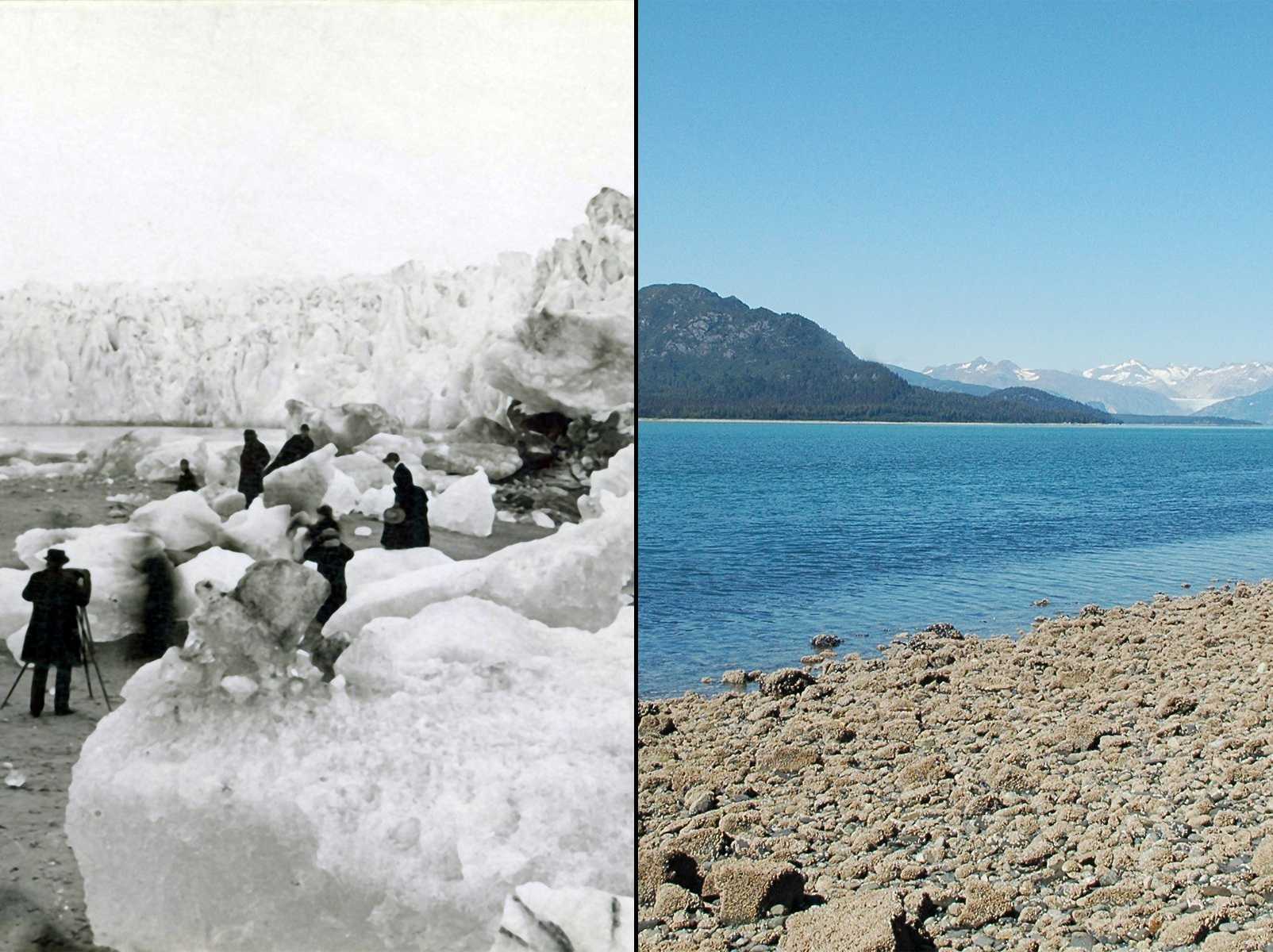
In most areas of life, we trust the expertise of others. We go to the doctor’s surgery, and trust the advice of the doctor and all the scientific knowledge which lie behind their judgements. If we get on an airplane, we rely on the scientific principles and the engineering expertise which enables us to glide 30,0000ft above the ground at 500 miles an hour. But with climate change it seems to be different. According to recent surveys, only around half of Americans believe that man-made global warming is happening (a quarter didn’t believe that any warming was happening at all). Only 33% of Americans said that climate change was a “very serious problem” and only 38% believed they personally will be harmed a “moderate amount” or a “great deal” by global warming.
Why We Deceive Ourselves
There are obviously complex reasons for this discrepancy. There are powerful vested interests who are very keen to play down the evidence for climate change for the sake of profit — most notably global energy corporations and politicians who are associated with them. There may be religious reasons too: to strongly religious people, the idea that human actions are seriously damaging our planet might seem to contradict their notion of an all-powerful God who is directing events on the Earth. If God is so powerful, why is He allowing this to happen? In a divine world, human beings are not supposed to be that powerful.
Read this: Who Created God? — The Secret History of Spirit Force
The very unanimity of scientific opinion on climate change also attracts suspicion from people who are prone to seeing conspiracies. They feel that they are somehow being duped by the scientists, that it’s part of some kind of global agenda to make us feel anxious and powerless.
However, it seems to me that there are also clear psychological reasons for climate change denial.
One issue is how abstract global warming is an issue. Human awareness tends to be quite narrow and focused on everyday immediate concerns. We find it difficult to take in concepts which are outside our sphere of everyday experience. Climate change isn’t visible and immediate, not part of our everyday world, and so we don’t pay attention to it.
But perhaps more importantly, human beings are frequently reluctant to accept uncomfortable facts. The theory of cognitive dissonance describes the unease which comes when reality conflicts with our beliefs, and how we often go to extreme lengths try to ignore or distort evidence, so that we can maintain our beliefs. We try to deal with cognitive dissonance created by global warming by ignoring it completely or attributing it to a conspiracy.
A similar way we deal with difficult situations is through “positive illusions” or self-deception. To avoid confronting uncomfortable realities, we engage in self-deception, convincing ourselves that everything isn’t as bad as it seems. It’s fairly clear that this is a factor in climate change denial. After all, what could be more uncomfortable than contemplating the devastation and hardship which scientists tell us that global warming will inevitably cause, the idea that our activities may be destroying the ability of our planet to sustain life? This is such a grave threat that it’s not surprising that many people refuse to accept it.
Read this: 14 Lies Your Mind Tells You to Prevent Life Changes
It’s not dissimilar to when a friend of mine was diagnosed with diabetes and told that he had to make dramatic changes to his lifestyle. Although my friend believed the doctor, he he didn’t want to accept the gravity of the situation. He deceived himself into thinking that his kind of diabetes wasn’t so serious and that it would be fine to carry on living as he was. Perhaps it was partly laziness too — he didn’t want to go through the upheaval of making major changes to his life. He wasn’t prepared to make the required changes to his diet and lifestyle, which led to him becoming seriously ill. It was only then that he began to change his lifestyle.
Perhaps the same will apply to us. Perhaps we will begin to make the kind of changes which are necessary once climate change has begun to seriously affect our lives. At that point, climate change will no longer be abstract; it will be part of our immediate everyday experience. But by that time, unfortunately, it may already be too late.
This article was written by Steve Taylor. Read more of his work here.




